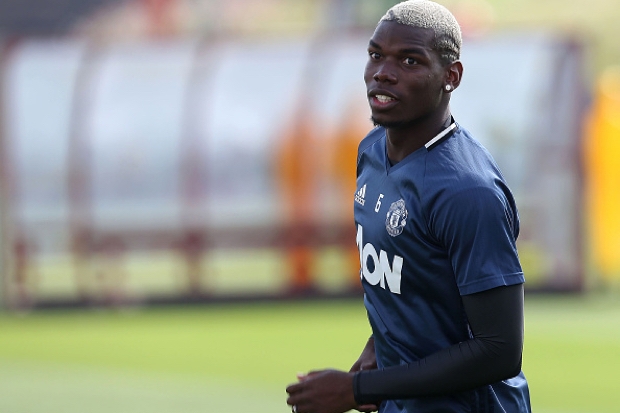With parliament in recess, silly season is in full swing. In fact, silly season would be an apt name for the transitional period between the dying days of the previous Premier League season, and the Bacchanalia that greets the opening weekend of the next one. Football’s silly season is a time when Slovenian journalists can sentence Jose Mourinho to three years in jail, when Wales can become (arguably) the third best team in Europe, and when Manchester United can decide that a player – any player – is worth €100 million.
That last, silliest of silly season traditions, is the essential contradiction that greets the start of a new season. The return of football has a quotidian significance, like the re-rising of the sun every morning. In its banality, it is the antithesis of the mad spending that always precedes it.
But Saturday football is not just about the players and managers and moneymen. It’s not even simply about the fans who will pack out stadia around the country this weekend. It’s about a return to schedule for Britain’s families. The Premier League’s 3pm kick-offs will have people sitting at their tellies, scrambling to their phones, or tuning their radios. The city of Leicester’s parks will be deserted at 12:30, when their season kicks off against Hull (the parks of Hull will also be empty).
It’s a mundane fact, but the return of football marks the return of a little bit of interest into the lives of a whole crock of bored people. I’ve primed my Fantasy Football team, made pub reservations for Sunday afternoon, and, on Monday night, my eyes will be drawn inexorably to Stamford Bridge, where my West Ham (note the possessive) take on Chelsea.
Football is for the ordinary person, which is why the exorbitant transfer fees rub people up the wrong way. This month, Manchester United smashed the world transfer record to sign French midfielder Paul Pogba from Juventus for a fee of around £89 million. There have been plenty of cantankerous articles decrying this waste of money – ‘That money should be going straight into the NHS!’ – especially while ticket prices, for those fans lucky enough to watch live football, continue to rise.
In the free market of football, there is no escape from inflation. ‘Spend less on players and use that money to reduce ticket prices’ is a tempting maxim, but has all the logical weight of a Jeremy Corbyn policy. The economy of winning has become far too valuable; the price of losing too steep. Manchester United is a club propped up on corporate ticket sales, and the red-faced lawyers and management consultants of the Northern Powerhouse need to be fed a constant diet of Galacticos. They’ve already jettisoned starchy staples like Tom Cleverley and Darren Fletcher (not to mention David ‘Muesli’ Moyes), and replaced them with flash continental gourmet like Pogba, Zlatan Ibrahimovic and Jose Mourinho himself.
Even my own club, West Ham, have smashed their transfer record, shelling out £20.5 million for Swansea’s Ghanaian winger Andre Ayew. Ayew scored twelve goals last season, which makes the current market rate for a Premier League goal about £1.6 million. But with a new stadium to fill, West Ham can’t afford relegation: the price of that would be more dramatically consequential than a few overpriced divas.
And, after all, what is money in football? The world record transfer fee is an oft-cited figure, but it’s essentially static. It can only ever move upwards and it does so roughly as the price of everything moves upwards. It is of no consequence to me whether Manchester United pay £89 million for Paul Pogba, or £89. 100 years ago, Percy Dawson transferred to Blackburn Rovers for a fee of £2,500, smashing the world transfer record by a full 25 per cent. Nothing has changed since then, other than the metric of value sliding indefinitely upwards, as it will forever.
Since I’m not a bean counter at a Premier League club, the figures of £46.4m (paid by Shanghai SIPG for Hulk), £47.5m (Manchester City for John Stones), or £75.3m (Juventus for Gonzalo Higuain) mean nothing to me. They are figures from newspapers, designed to shock and delight and prompt me to click on link after link. But it might as well be Monopoly money for all the relevance it has to my life. So silly season, at its silliest, is as much an exercise in entertainment as it is in alienation.







Comments